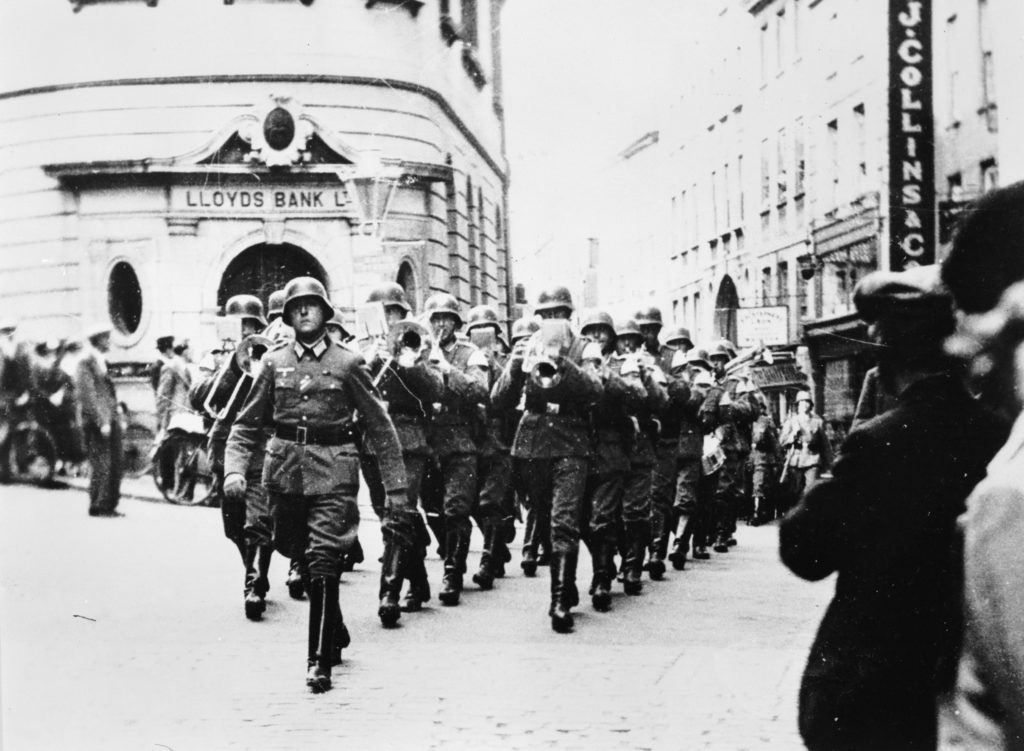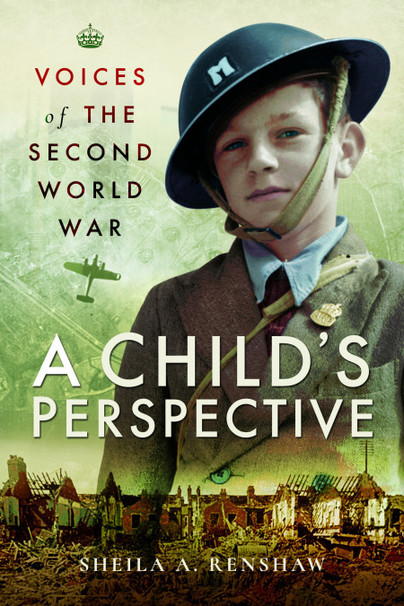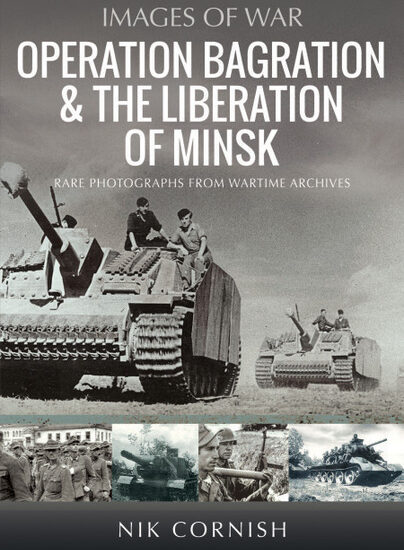Author Guest Post: Sheila A Renshaw
Today on the blog we have a guest post from Sheila A Renshaw, author of Voices of the Second World War: A Child’s Perspective.
Each person, who contributed to the book with their stories, was interviewed several times, before memories and experiences were committed to paper. They were young children from the ages of five to thirteen, at the beginning of the war. They lived throughout Europe and included countries such as Norway, Holland, Czechoslovakia,Germany, Russia and Malta. Contributers from different areas of the U.K. feature, together with a number of tales from the Channel Islands, the only part of Great Britain to be occupied.
Some stories are exciting, some moving and all show that alongside adversity, daily life continued in the best possible way. These are the childhood memories of unwitting witnesses to war time events. There is insight into the daily life of the children under occupation and how challenging some of the most simple activities became under the constraints of food shortages, travel restrictions and general morale of family and friends. Many of the accounts have never been told before as the perpetrators thought that either nobody would be interested in them or they may not even be believed .
The book begins with the memoirs of the author’s neighbour, who began to tell her of her war time experiences during the latter years of her life.

Nadia was a 13 year old Russsian girl, stranded at school in Kharkov, some 400 miles from home. She sought sanctury in the local hospital where she spent the war years nursing German soldiers . As the Russians advanced, she left for Germany together with the patients and soldiers. She was told that if she were captured by the Russians, they would consider her as a collaborater and she would either be shot or sent to a concentration camp.
Natalie relates her school time experiences in Czechoslovakia, where teachers and pupils were compelled to speak German. Her teacher however often spoke in her native language and after being reported for this by one of her pupils, she was promptly shot by a visiting German officer, in full view of her class.
Jan, in Rotterdam, was regularly searched and questioned by soldiers on his way to school. His father was a leading member of the resistance , who supplied the allies with information about troop movements and weaponry. He became used to searches being undertaken at his home.
In Norway, 7 year old Grethe, delivered messages and leaflets to the Resistance. She hid them in her stockings. Her family were regular listeners to the BBC on a hidden wireless set. Punishment was harsh if these were discovered.
An English boy, Geoffrey, was sailing home to England on a merchant ship after a holiday in Canada. This was during the first week of the war and he relates how the ship was torpedoed by a U Boat. Before sinking their ship, the German captain showed remarkable generosity and contacted other ships in the area requesting them to come to the aid of the crew and passengers who had been placed in lifeboats on the open seas. He potentially endangered his own safety and that of his U boat by giving away his position.
Two young girls in the Hitler Youth movement had very different experiences and views of the situation in Germany. One rather enjoyed the fraternity, extra food rations and outdoor activities. The other was less enamoured, but talked enthusiastically of the occasion when she met Hitler at a rally.
Some of the accounts from the Channel Islands give details of German soldiers acting honorably and kindly: distributing Red Cross food parcels to the starving civilian population, without taking any for themselves, despite being starving, helping give first aid and transport home to a young girl who was hurt at a swimming pool.
Mike in the U.K., enjoyed playing on bomb sites with his friends. A popular pastime he was looking for what they considered to be trophies. One day he was surprised to find a hand sticking out of the rubble. When he told an A.R.P. warden about this, he was told “We are only interested in the living not the dead!”.
Each chapter is a complete story.
It was a privilege to witness history being recorded from the childhood memories of these many and diverse individuals.

Voices of the Second World War: A Child’s Perspective is available to order now from Pen and Sword.

